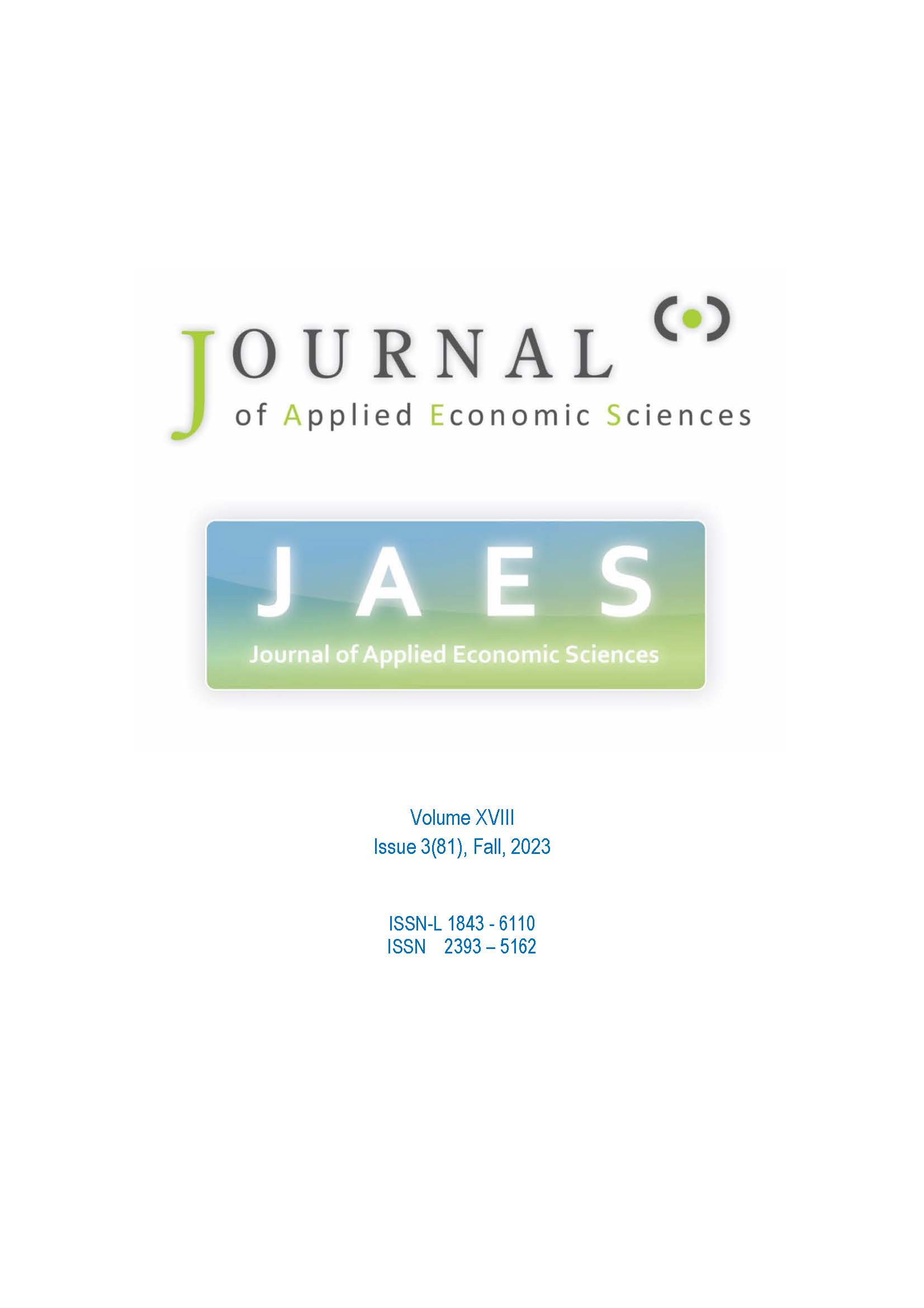The Economic Impact of Remote Work: Unpacking Regional Transformations and Economic Multipliers
The Economic Impact of Remote Work: Unpacking Regional Transformations and Economic Multipliers
Author(s): Sanmugam ANNAMALAH, Pradeep PARAMANSubject(s): Economy, Supranational / Global Economy, Human Resources in Economy
Published by: ASERS Publishing
Keywords: economic multipliers; remote work; local economies; business; economic stimulus; catalytic impact;
Summary/Abstract: The emergence of remote work has ushered in a transformative era of economic change, profoundly altering the dynamics of regional economies and extending its impact nationwide. This abstract explores the profound implications of remote work on local economies, focusing on the operation of the multiplier effect within a country's economic framework. The multiplier effect is a fundamental economic principle that elucidates how changes in expenditure and investment can trigger a ripple effect, magnifying their influence on an economy. In the context of remote work, this concept gains heightened relevance as it sets in motion a cascade of economic activities originating from remote employees and radiating to their local communities. The increased flexibility and reduced geographical constraints associated with remote work have reshaped resource distribution, potentially diminishing the demand for commercial real estate in urban hubs and necessitating adaptable urban design strategies. In summary, the advent of remote work has instigated a paradigm shift in regional economies, propelled by the multiplier effect, which fosters job diversity, innovation, and infrastructure development within communities by amplifying the impact of spending and investment. The ongoing transformation of work and life due to remote work necessitates a comprehensive understanding of its amplifying impact, bearing significant importance for policymakers, businesses, and local communities. The multiplier effect, a cornerstone of economics, underscores how alterations in expenditure can trigger substantial repercussions in a country's economy through a cascade of economic operations, offering lasting influence rather than a transient effect, although it can also operate negatively when expenditure decreases, leading to a decline in both economic activity and income. This concept highlights the interconnectedness of economic activity and underscores the significance of changes in spending patterns for a nation's overall economic well-being. The magnitude of the multiplier effect is shaped by factors such as the marginal propensity to consume, leakages like savings and taxes, and the extent to which additional spending drives additional production capacity within the economy. A comprehensive understanding of the multiplier effect is invaluable for policymakers, enabling them to assess the potential outcomes of adjustments in fiscal and monetary policies.
Journal: Journal of Applied Economic Sciences (JAES)
- Issue Year: XVIII/2023
- Issue No: 3(81)
- Page Range: 160-168
- Page Count: 9
- Language: English

